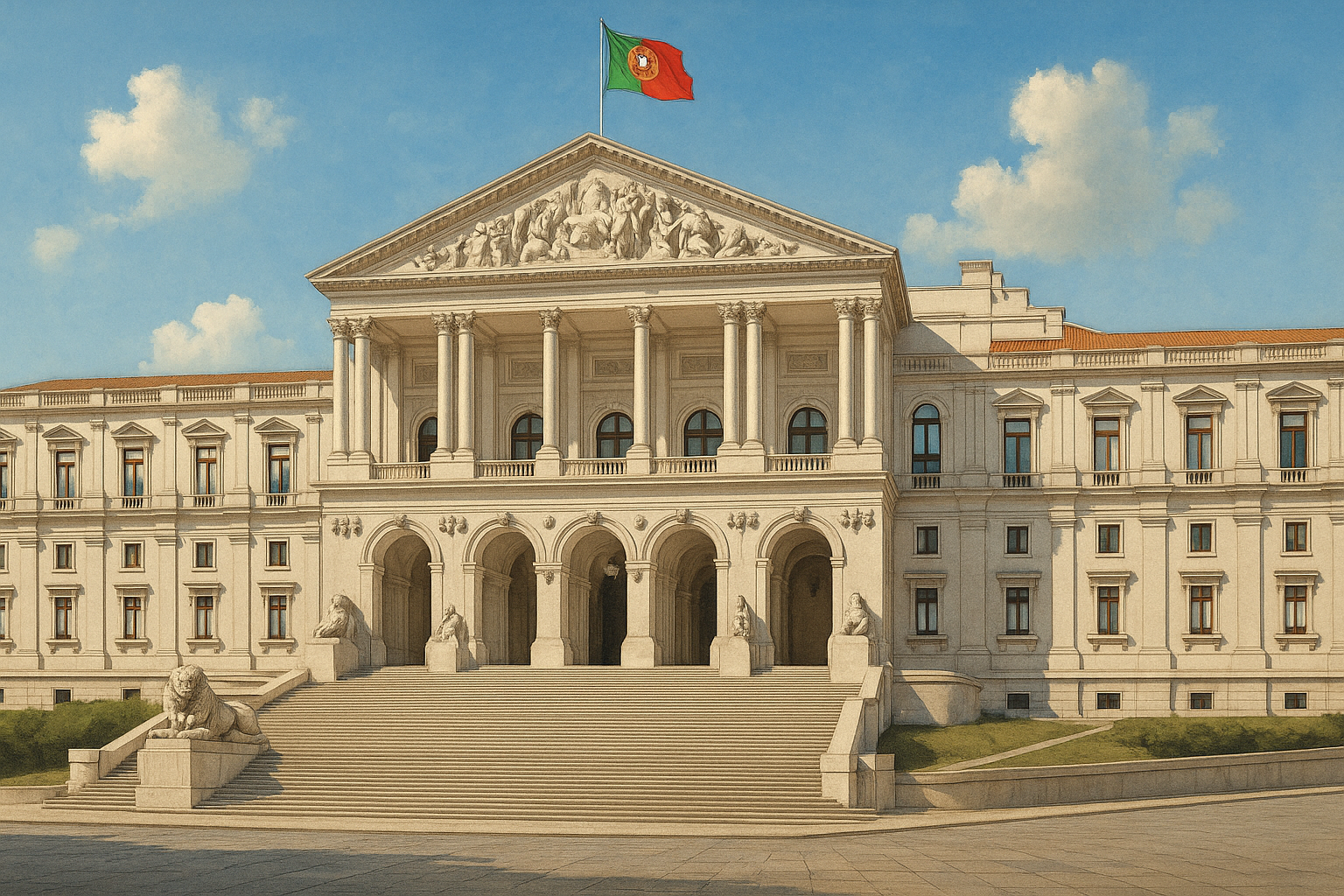Major Reform of Portuguese Nationality and Immigration Laws Proposed
Published: July 18, 2025 by The AimaHelp Team

The Portuguese government has recently put forth significant proposals aimed at reforming its nationality and immigration laws. These potential changes, currently a draft law, could profoundly impact future immigrants and those seeking Portuguese citizenship. The legislative process is ongoing, with a vote postponed until September 2025 to allow for further hearings and amendments. Until then, the current law remains in effect, offering a window for applicants to act under existing regulations. This article delves into the specifics of these proposed changes, their implications, and what individuals should consider.
Key Proposed Changes to Portuguese Citizenship Law
The proposed reforms introduce several significant alterations to the current legal framework for acquiring Portuguese nationality, aiming to establish a “genuine, robust, and long-lasting tie” to Portugal for new citizens. These changes are part of a broader effort to modernize the legal framework and align it with current national needs.
1. Extended Residency Requirements
- General Applicants: The minimum legal residency period for general applicants is proposed to increase from 5 to 10 years. This adjustment aims to ensure a deeper integration into Portuguese society before citizenship is granted.
- CPLP Nationals: For nationals of Portuguese-speaking countries (CPLP), this period would increase from 5 to 7 years.
- Calculation Start Date: Crucially, this residency period will now be calculated from the date the first residence permit is *issued*, not from the date of initial application. This procedural change could significantly extend the effective waiting time for citizenship. (Source: Global Residence Index), (Source: Portugal Buyers Agent).
2. Enhanced Integration Criteria
Applicants will face stricter integration requirements designed to demonstrate a stronger connection to Portugal:
- Portuguese Language Proficiency: A2-level Portuguese language proficiency will become a mandatory requirement for all nationality applicants.
- Civic Knowledge Test: A new civic knowledge test will be introduced, covering Portuguese culture, history, and civic duties. This aims to assess applicants’ understanding of the country’s values and societal structure.
- Declaration of Commitment: A solemn declaration affirming adherence to the fundamental principles of the Portuguese Republic will also be mandatory. (Source: Savory & Partners), (Source: Portugal.gov.pt).
3. Citizenship for Children Born in Portugal
The rules for children born in Portugal to foreign parents are also being revised:
- Parental Residency: Automatic citizenship at birth will no longer apply. It will now be conditioned on at least one parent having legally resided in Portugal for a minimum of three years (increased from the current two years).
- Formal Declaration: Parents must formally declare their wish for the child to acquire Portuguese nationality. This ensures intentionality in the citizenship process for newborns. (Source: Idealista).
4. Termination of Sephardic Jewish Ancestry Route
The extraordinary scheme for Portuguese Sephardic Jews, which has seen significant uptake in recent years, is proposed to be terminated for new applications. This change reflects a broader reassessment of citizenship pathways. (Source: Global Citizen Solutions).
5. Loss of Nationality
New provisions allow for the potential loss of nationality for naturalized citizens:
- Serious Criminal Convictions: Naturalized citizens convicted of serious crimes (resulting in prison sentences of five years or more) could face citizenship revocation within 10 years of naturalization. This measure is subject to judicial review and aims to reinforce national security. (Source: Madeira Corporate Services).
6. Stricter Family Reunification Rules
Family reunification processes will also see tightened requirements:
- Sponsor Residency: The sponsoring resident must have held legal residence in Portugal for at least two years before applying for family reunification.
- Family Member Integration: Family members seeking reunification will also need to demonstrate basic integration, including Portuguese language and cultural knowledge. This aims to ensure a smoother transition and integration for reunited families. (Source: Lektou).
Implications and What to Expect
These proposed reforms signal a significant shift towards more stringent requirements for naturalization and other nationality pathways. While the changes are not yet enacted into law, the government intends for the new citizenship rules to apply retroactively from June 19, 2025, for new or incomplete applications. Applicants who submitted before this date with complete documentation should still fall under the current 5-year rule. This distinction is critical for those currently in the application process. (Source: Get Golden Visa).
The legislative process is complex, involving parliamentary debate, voting, and potential constitutional review. The postponement of the vote until September 2025 allows for additional hearings with legal experts, immigrant associations, and civil society representatives. This period provides a crucial window for individuals planning to apply for Portuguese citizenship or residency to assess their eligibility under current rules or prepare for the upcoming changes. It is highly recommended to consult with specialized legal and immigration advisors to understand the specific implications for your situation and to strategize accordingly. (Source: LVP Advogados).
AimaHelp will continue to monitor these developments closely and provide timely updates as the legislative process unfolds. Stay connected for the latest information to navigate your immigration journey in Portugal effectively.